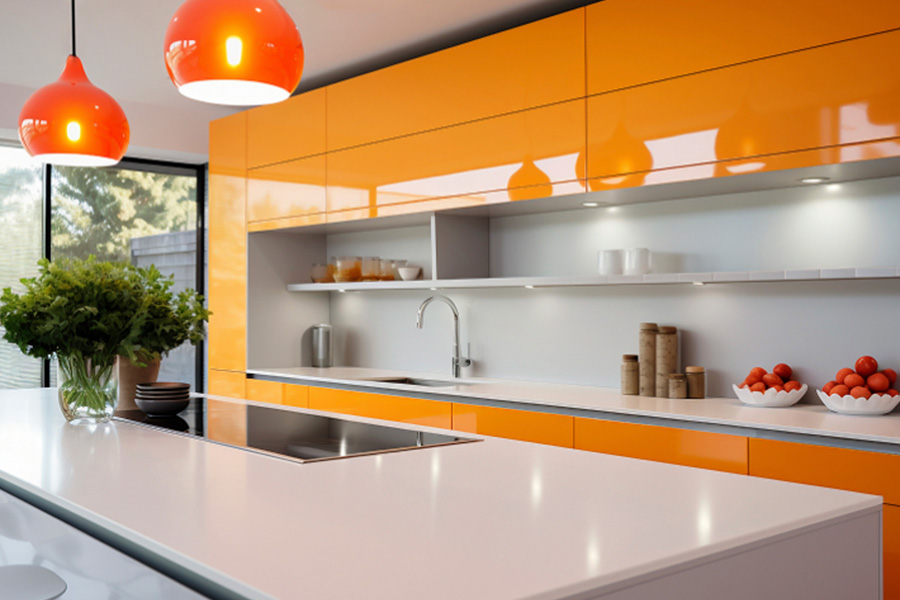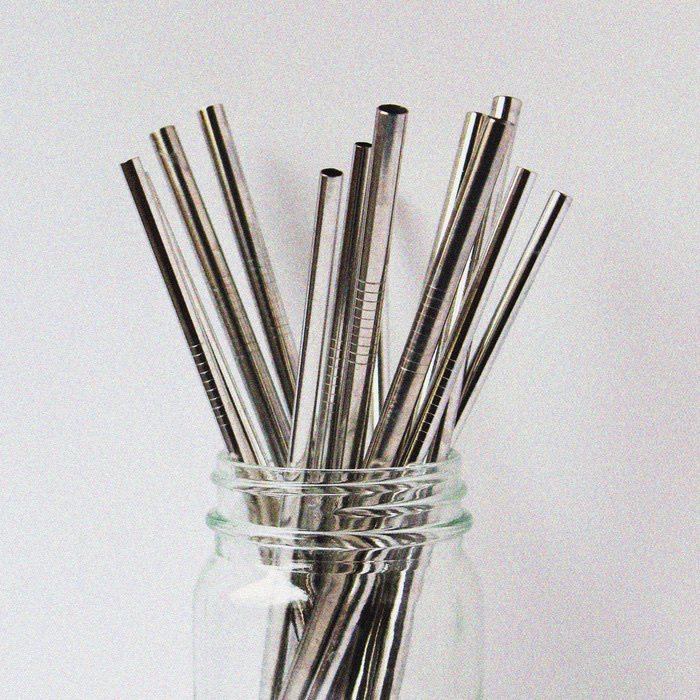Why Quartz Kitchen Countertops Crack and How to Prevent It

A lot of movement happens in the kitchen. From coffee spills to heavy pots, it’s no surprise that countertops face wear over time. Yet, when cracks appear on a once flawless surface, it feels like a small heartbreak. Among homeowners, quartz kitchen countertops are a usual choice for their clean finish and strength. But cracks and chips still happen. The good news is that most of these can be avoided with a few practical decisions and habits.
Let’s explore what causes this frustrating issue and how to keep your quartz surface intact for years.
Sudden Temperature Changes are the Silent Culprit
You might not think twice about setting a hot pan straight onto your countertop, but thermal shock is one of the biggest enemies of quartz kitchen countertops. The resin that binds the quartz can expand under sudden heat, creating micro-fractures that deepen over time. Even a small crack can quickly spread across the surface, especially near the sink or stove place.
To prevent this, use trivets and heat pads religiously. A few seconds of caution save you hours of repair. If you’re planning to upgrade, ask your installer about heat-resistant edging techniques and support panels beneath your worktop to add stability.
Heavy Impacts Create Weak Points You Can’t See
A dropped cast-iron pan might seem like a minor accident until you notice a fine line running across the surface weeks later. Quartz is durable, but it isn’t indestructible. The pressure from a sudden impact can damage the internal structure even if the top looks smooth. Over time, cleaning chemicals and moisture can seep in, enhancing the fracture.
When handling cookware, try to avoid abrupt movements or placing sharp, weighty items near countertop edges. Regularly inspect areas where appliances sit since vibrations from blenders or mixers can contribute to stress cracks, too.
Poor Installation Compromises the Whole Surface
One of the most overlooked reasons behind countertop damage is improper fitting. If the slab isn’t level or lacks enough support, stress accumulates in certain sections. This is especially true for larger kitchens where multiple slabs are joined. Over time, temperature fluctuations and regular use will highlight those weak joints through visible cracks.
Choosing reliable installers familiar with Silestone in Singapore can make a remarkable difference. Professional fitting ensures each section is balanced, secured, and sealed correctly. Quality sealants prevent moisture from reaching the inner layers, reducing the likelihood of warping or surface separation. It’s worth inspecting your installation area beforehand, especially if the cabinetry below shows any unevenness.
Using Harsh Cleaners Damages the Resin Layer
The sleek look of quartz kitchen countertops can tempt anyone to scrub aggressively when stains appear. However, bleach-based or acidic cleaners degrade the protective resin layer, leaving the surface more prone to scratches and discolouration. Once that layer weakens, small abrasions can evolve into visible cracks, particularly near high-use zones.
Switch to pH-neutral cleaners or mild soap and water. If you prefer commercial cleaning products, check that they’re quartz-safe. Using a soft microfibre cloth instead of scouring pads also helps preserve the polished surface. Regular gentle care keeps your countertop looking elegant without weakening its structure.
Ignoring Regular Maintenance Shortens Lifespan
Cracks rarely happen overnight. They build up quietly through neglect. Many homeowners assume quartz requires no maintenance, which is half true but not entirely. Routine inspections, timely resealing where needed, and mindful cleaning habits can add years to its life.
Set a schedule for quick monthly checks, especially around sink cut-outs or stove corners. These are the areas most exposed to moisture and heat. If you notice even the smallest chip, have it filled immediately before it expands. A simple repair kit can handle minor issues, but professional help is essential for deeper fissures.
Cracks in quartz kitchen countertops usually trace back to preventable causes: sudden heat, impact, poor installation, harsh chemicals, or lack of maintenance. Knowing these factors makes it easier to protect your surface and enjoy its beauty for longer. With the right habits and reliable installation, even heavy kitchen use won’t dull its charm. A well-maintained countertop reflects not just good design, but mindful living.
Contact Stone Loft to learn more about quartz surfaces and explore premium options like Silestone in Singapore for your next renovation.
Leave a reply
You must be logged in to post a comment.













